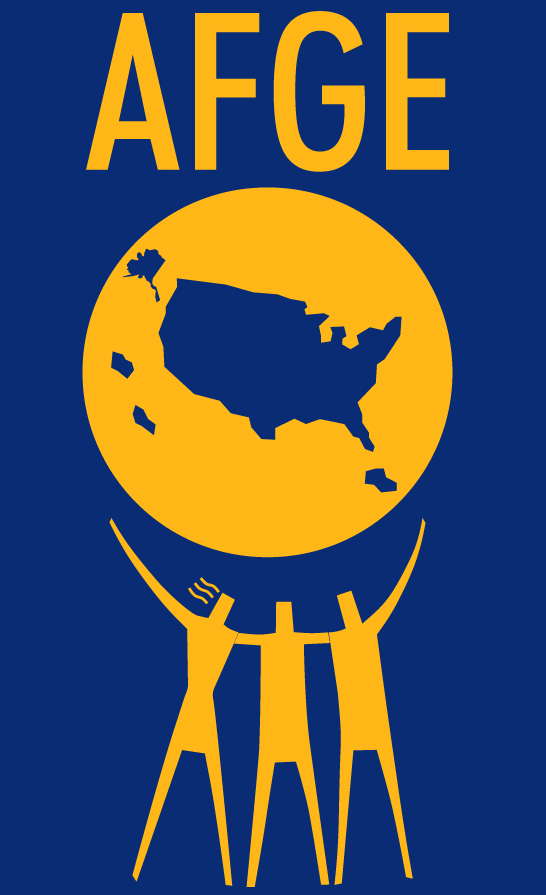

E
EEOC
The U.S Equal Employment Opportunity Commission (EEOC) enforces all federal anti- discrimination laws. The EEOC also provides oversight and coordination of all federal equal employment opportunity regulations, practices, and policies.
ELECTION AGREEMENT
Agreement entered into by the agency and the union(s) competing for exclusive recognition dealing with campaign procedures, election observers, date and hours of election, challenge ballot procedures, mail balloting (if used), position on the ballot, payroll period for voter eligibility, and the like.
EQUAL TREATMENT
Management's rules, policies and procedures must be applied in the same way to all bargaining unit employees.
EXCESSIVE INTERFERENCE
A balancing test that FLRA applies to proposals that are arrangements for employees adversely affected by the exercise of management's rights in order to determine whether they are negotiable appropriate arrangements within the meaning of 5 USC 7106(b)(3). The test involves balancing the extent to which the proposal ameliorates anticipated adverse effects against the extent to which it places restrictions on the exercise of management's rights.
EXCLUSIVE RECOGNITION
Under the Federal Service Labor-Management Relations Statute, exclusive recognition is normally obtained by a union as a result of receiving a majority of votes cast in a representational election. (Exclusive recognitions obtained under Executive Order 10988, which didn't require secret-ballot elections, are preserved via a "grandfather" clause.)
EXCLUSIVE REPRESENTATIVE ("of employees in an appropriate unit"—see 5 USC 7103(a)(16))
The union that is certified as the exclusive representative of a unit of employees either by virtue of having won a representation election or because it had been recognized as the exclusive representative before passage of the CSRA.
